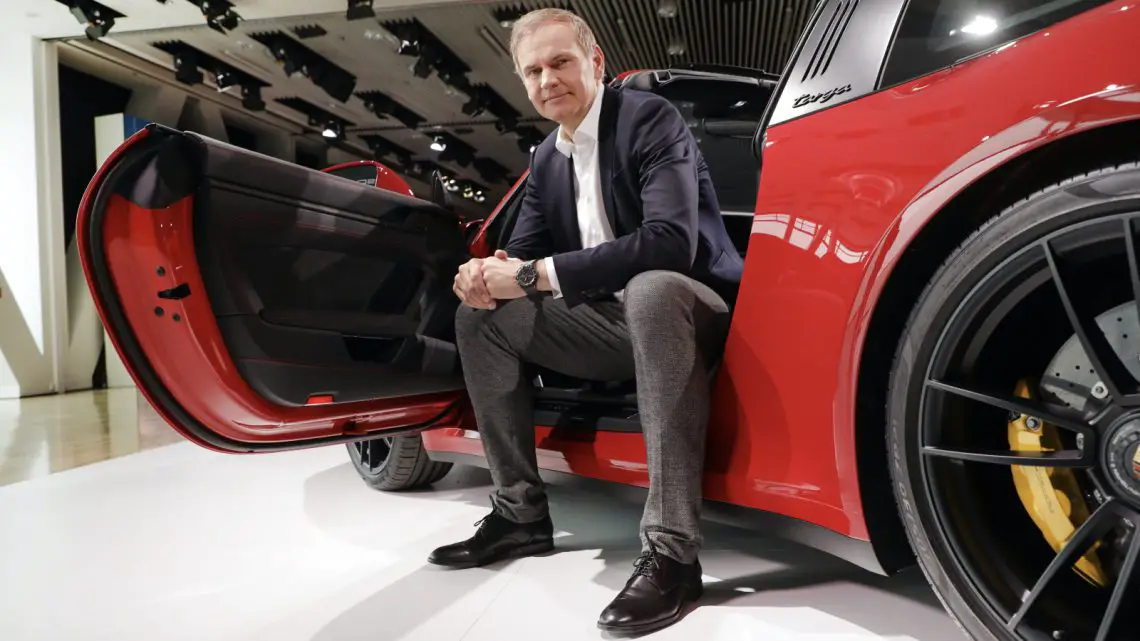New Volkswagen boss sees future in e-fuels
Oliver Blume
The future CEO of the Volkswagen Group, Oliver Blume, has reiterated his support for e-fuels. In an interview with Germany’s Automobilwoche, the German states that the goals of the Paris climate agreement cannot be met with electric cars alone. More needs to be done, according to Blume.
Still years on the road
According to Blume, existing and new gasoline cars will continue to be driven around for years, emitting CO2 and other pollutants for a long time to come. With synthetic fuels, these cars would no longer produce additional emissions.

Herbert Diess
Blume’s predecessor, Herbert Diess, saw little in e-fuels because a lot of energy is lost in the production process. E-fuels are therefore inefficient and not the solution for rapid CO₂ reduction, according to Diess. Under Diess’ leadership, Volkswagen chose to go all in on electric cars. Something not everyone in Wolfsburg was happy about. Blume is currently the CEO of sports car and SUV manufacturer Porsche and may not be ready to wave goodbye to the internal combustion engine just yet.
What are e-fuels and synthetic fuels?
E-fuels, also called synthetic fuels, are manufactured using captured carbon dioxide or carbon monoxide and hydrogen obtained from green energy, such as wind and solar power. The end result is a compound that you can just throw in your car and that normal gasoline engines can run on. Currently it is still almost nowhere to buy and it is also very pricey. With the introduction of new engine regulations, Formula 1 will use e-fuels starting in 2026.
Is it really sustainable?
The idea behind the fuels is, that by removing carbon dioxide or carbon monoxide from the air, the world becomes a little cleaner. When e-fuels are burned, these pollutants are released again, but theoretically no pollution takes place below the line. As long as the fuels were created with green energy, it is a 100% renewable fuel. In practice, it has not yet been proven that e-fuels are actually less polluting than regular fuels.
At Toyota, they have found another way to keep the internal combustion engine alive:

